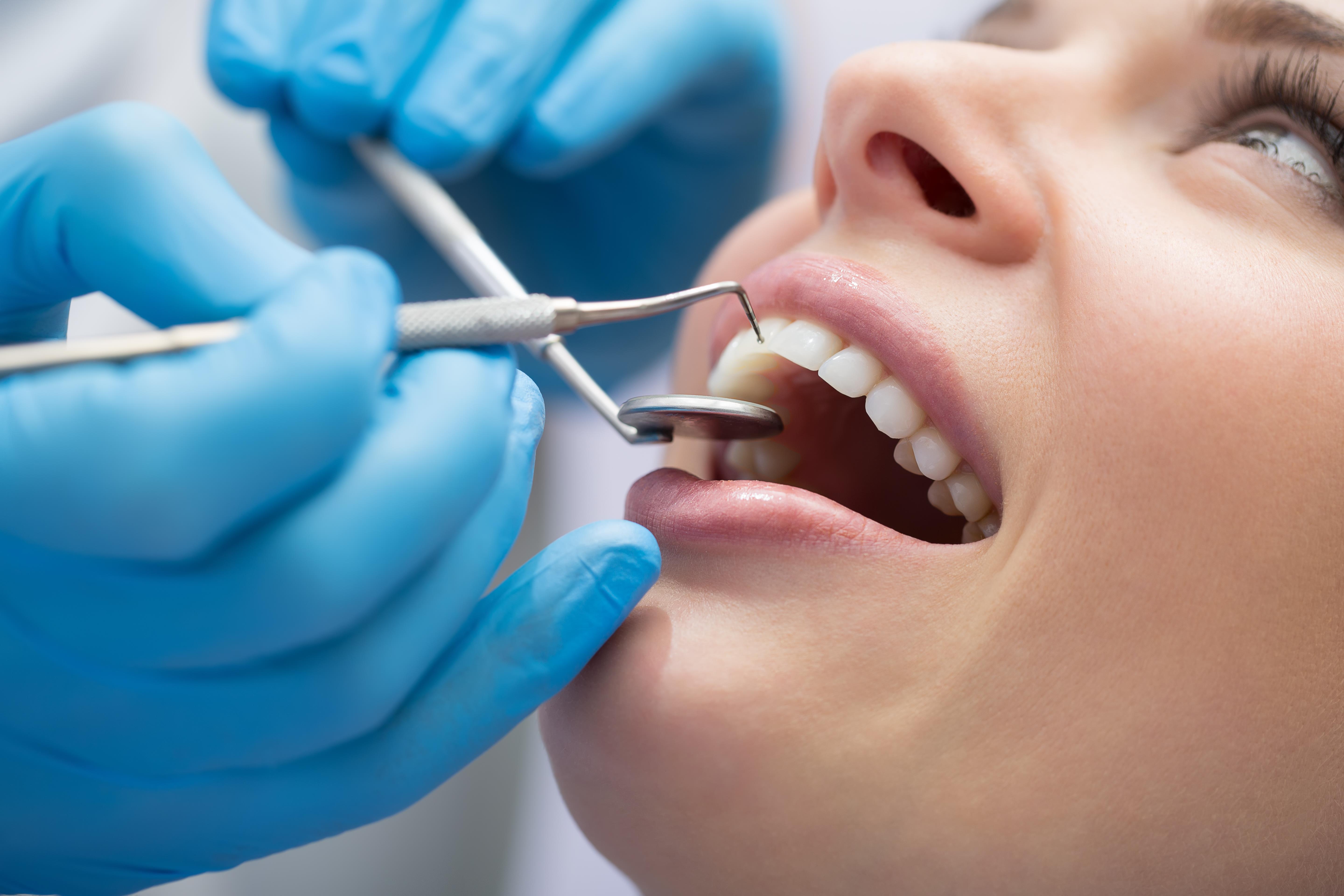Usual Inquiries Regarding Oral Veneers Answered
Dental veneers have actually ended up being a progressively sought-after option for those aiming to improve their smiles, yet several individuals stay uncertain regarding different facets of their usage. Trick concerns commonly occur relating to the application procedure, long life, and possible threats related to these cosmetic enhancements. Additionally, the difference in between porcelain and composite veneers can substantially affect one's selection. As we check out these typical queries, it becomes essential to consider not just the advantages yet also the ramifications of choosing for dental veneers in pursuit of a much more certain look. What elements should one evaluate prior to making such a choice?
What Are Dental Veneers?
Dental veneers are slim, tailor-made coverings crafted from porcelain or composite resin that are developed to cover the front surface area of teeth. These dental prosthetics offer both useful and visual objectives, offering a service for different dental imperfections, including discoloration, chips, gaps, and misalignment. By sticking to the teeth, veneers can substantially improve the overall look of a smile, developing an extra uniform and appealing appearance.
Porcelain veneers are particularly favored for their all-natural clarity and discolor resistance, making them a suitable option for individuals seeking long-lasting outcomes. On the other hand, composite resin veneers are usually cheaper and can be applied in a solitary go to, yet they may not provide the very same sturdiness as porcelain alternatives.
The decision to decide for oral veneers commonly stems from a desire for visual improvement, yet people ought to additionally think about aspects such as the durability of the material, upkeep demands, and the potential demand for tooth reduction (Low Cost Veneers). Inevitably, oral veneers stand for a effective and flexible service for achieving a glowing smile, accommodating individual cosmetic requirements while advertising confidence and self-worth
How Are Veneers Applied?
The application process for veneers needs mindful preparation and accuracy to make sure optimal results. The treatment normally starts with an extensive appointment, where the dental expert assesses the client's dental wellness, goes over wanted end results, and identifies the suitable kind of veneers, whether porcelain or composite resin.
When the therapy strategy is established, the dental practitioner prepares the teeth by getting rid of a slim layer of enamel, generally concerning 0.5 mm to 1 mm, to suit the veneer. This step is vital as it guarantees a proper fit and prevents the veneers from appearing bulky - Porcelain Veneers Washington DC. After prep work, impressions of the teeth are required to develop custom-made veneers that match the individual's one-of-a-kind oral structure and visual preferences
While the permanent veneers are being fabricated in a dental research laboratory, short-lived veneers might be positioned to shield the ready teeth. As soon as the permanent veneers prepare, the dentist will thoroughly bond them to the teeth utilizing a strong dental adhesive. Last adjustments are made to make certain appropriate alignment and attack, adhered to by polishing for a natural appearance. The process culminates in a follow-up appointment to check the veneers' fit and the person's fulfillment with their brand-new smile.
What Are the Benefits?

Additionally, veneers are recognized for their durability and resistance to discoloring compared to all-natural teeth. Made from top quality products such as porcelain or composite resin, they can keep their appearance for many years with correct care. This long life makes them a practical investment in one's dental appearance.
Along with visual enhancements, veneers can also contribute to boosted oral health and wellness. By covering harmed or compromised teeth, they can offer extra support and defense, aiding to stop more degeneration or degeneration. This protective aspect can decrease the demand for more substantial oral procedures in the future.

For How Long Do They Last?
With correct treatment and maintenance, dental veneers can last anywhere from 10 to 15 years, making them a lasting service for improving one's smile. The longevity of veneers greatly depends upon the product used, the high quality of the initial positioning, and the person's adherence to oral hygiene techniques.
Porcelain veneers are known for their longevity and resistance to discoloration, commonly lasting closer to the 15-year mark when taken care of suitably. Compound veneers, while a lot more inexpensive, may call for substitute quicker, typically within 5 to ten years due to their vulnerability to use and discoloration.

Furthermore, wearing a mouthguard during sporting activities or nighttime can give extra protection. Ultimately, while veneers use a considerable aesthetic improvement, their long life is considerably affected by the commitment to appropriate oral care and routine assessments with a dental expert.
Are There Any Risks?
Thinking about the transformative results of dental veneers, it is essential to recognize the potential threats related to their application. While veneers can improve the look of teeth, the procedure involves the elimination of a slim layer of enamel, which can boost tooth sensitivity and vulnerability to degeneration.
One substantial risk is the possibility of improper placement or fitting, bring about pain, bite imbalance, or perhaps damage to the underlying tooth framework. Furthermore, if the veneers are not kept appropriately, they can come to be discolored or chipped in time, demanding substitute.
Clients might likewise experience allergies to the materials made use of in the veneers, specifically if they have sensitivities to specific dental composites. While veneers are resilient, they are not undestroyable; excessive pressure from clinching or grinding can lead Dental Veneers to cracks.
It is important for clients important source to talk to a qualified oral expert to examine their private dangers and to comply with aftercare guidelines carefully. By comprehending these threats, clients can make enlightened choices regarding their oral veneer therapy and ensure the long life and success of their improvements.
Verdict
In recap, dental veneers stand for an important cosmetic remedy for enhancing smiles, with factors to consider concerning their application, benefits, durability, and connected threats. Their performance is influenced by variables such as the selection of material, with porcelain offering superior durability compared to composite choices. Appropriate care and maintenance are necessary to make best use of the lifespan of veneers. Eventually, educated decision-making pertaining to dental veneers can bring about satisfactory aesthetic results and enhanced dental health and wellness.
Dental veneers are slim, customized shells crafted from porcelain or composite material that the original source are designed to cover the front surface area of teeth. After preparation, perceptions of the teeth are taken to develop custom-made veneers that match the individual's special oral structure and aesthetic preferences.
While the long-term veneers are being produced in a dental research laboratory, short-lived veneers may be placed to safeguard the prepared teeth. As soon as the irreversible veneers are prepared, the dental professional will very carefully bond them to the teeth using a solid oral adhesive. Ultimately, informed decision-making concerning dental veneers can lead to adequate aesthetic results and enhanced oral health.